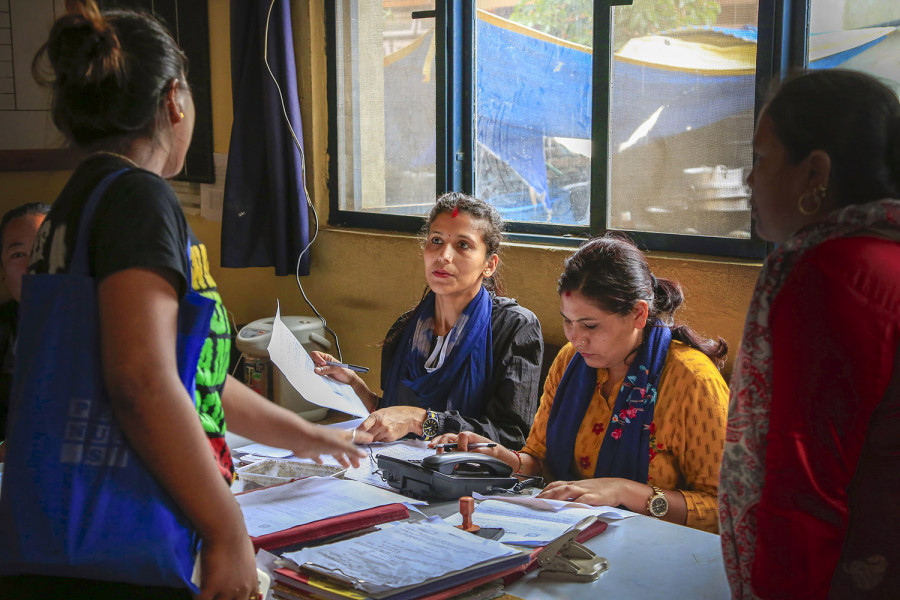Editorial
The shameful treatment of sexual assault complainants must stop
The police should help victims of sexual assault get justice, not shame them further.
When a 15-year-old girl went to the police to report the trauma that was rape, she felt further traumatised after being subjected to hostile questioning. Instead of the police officers—who were female themselves—empathising with her, their thoughtless and insensitive questions like, ‘Why didn’t you run? Why didn’t you raise a voice?’ made her feel like she was being assaulted all over again. The girl felt that she was being asked the wrong questions.
Negative responses from the police—supposedly the support providers—have been an enduring problem. A majority of the police force is predominantly male and agonisingly undertrained when it comes to dealing with survivors of sexual violence. Their ‘inability to create a victim-friendly environment’ further serves as a silencing function, where the victims think it's better to not report an assault, instead of mustering the courage to report. Most of the rape survivors who take their suffering to the police station are regrettably familiar with the distressing experience of having their evidence torn apart and their credibility questioned. As it is, owing to the stigma attached to rape, it is difficult to confront the authorities. And the victims most of the time might not be forthcoming initially. But things get more complicated when victims choose to remain silent as they doubt whether further disclosures would be effective.
According to the Nepal Police, there has been a significant increase in the percentage of reported rapes in the country over the past 10 years. In 2008, there were 309 rape cases reported. Come 2018, the number of cases shot up nearly fivefold to 1,480. Although a majority of these cases are marked as ‘solved’ in police records, only half of them result in convictions at the courts.
The Nepal Police formulated their Gender Policy 2013 where the first few pages of the document lead to the line ‘A well disciplined, secure and women friendly working environment are indispensable attributes of every organisation’. Meaning this is what the Nepal Police subscribe too. But this commitment has not been translated into practice. In reality, the police officers are crass and show little regard for the pleas of the victim, as only a few have received gender-responsive training. Therefore, victims of rape and sexual assault have faced the gravest difficulties in receiving reparations; victim-blaming for rape is not going to help in any way.
Simply put, the police should place importance on the victim’s needs and rights. There are specialised centres with trained personnel and expertise that respond to victims of sexual assault. This is something that the Nepal Police are far from being at the moment. The negative response from the police is among the gaps existing in the Nepal Police’s response to sexual assault. The basic motto of the Nepal Police is ‘Truth, service, and security’. If the institution is to remain true to its maxim, it should focus on offering a range of services and referrals to women. If the victims opt for legal redress, the police should guide them through the legal process instead of dismissing them.
***
What do you think?
Dear reader, we’d like to hear from you. We regularly publish letters to the editor on contemporary issues or direct responses to something the Post has recently published. Please send your letters to [email protected] with "Letter to the Editor" in the subject line. Please include your name, location, and a contact address so one of our editors can reach out to you.




 9.83°C Kathmandu
9.83°C Kathmandu














